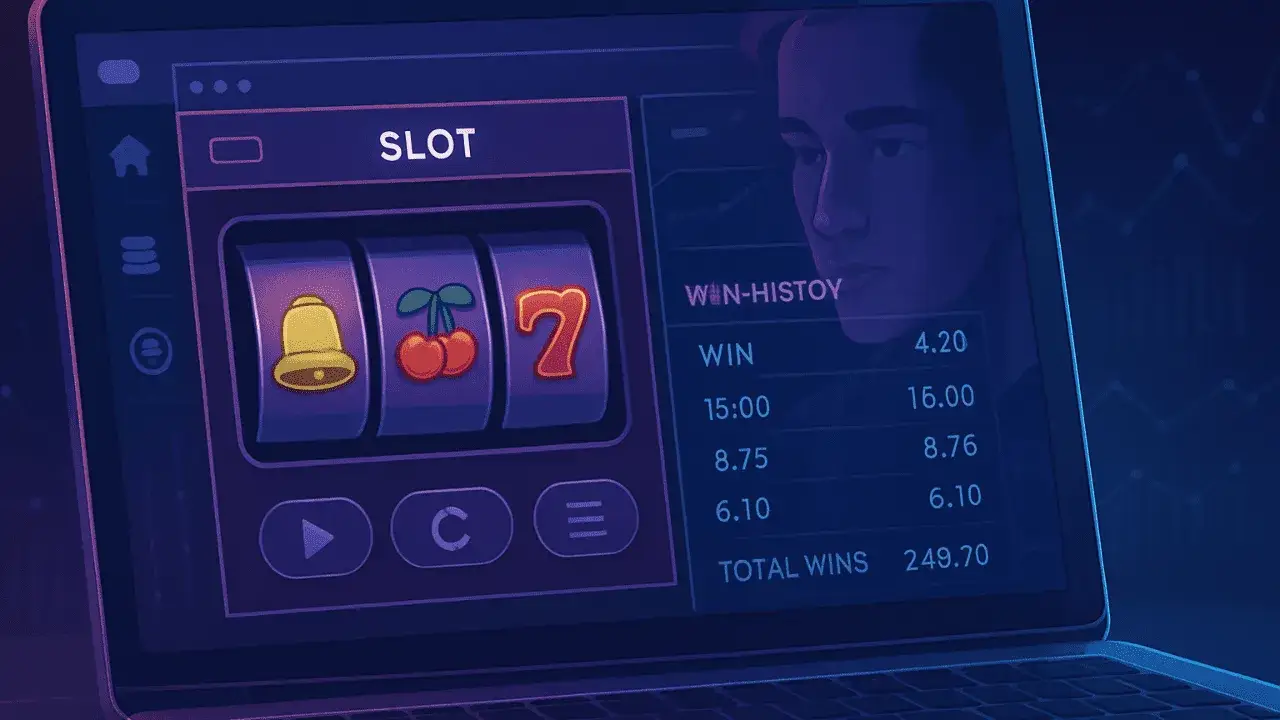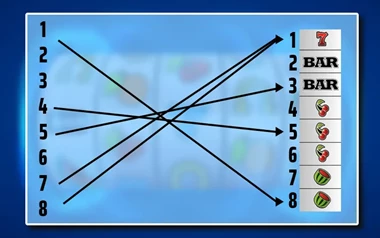Slot machines have always been masters of engagement—flashing lights, catchy jingles, and a pulse-pounding sense of anticipation. But in today’s digital landscape, that carefully crafted experience may be doing more than entertaining you. It might also be observing you.
As online gaming becomes increasingly sophisticated, one question continues to spark curiosity (and a bit of unease): Do slot machines track your behaviour? While land-based machines once operated largely on random mechanics, the rise of online platforms has introduced a new player into the mix—data.
Behavioural analytics now play a substantial role in how online slot games are designed, personalised, and even marketed. It’s not a matter of spying—it’s a matter of optimising. But where is the line between enhancing your gaming session and manipulating it? In this guide, we unpack the digital mechanics behind your spins and explore how, why, and to what extent slot machines observe your actions. The goal isn’t to alarm, but to inform—because knowledge, in gaming as in life, is power.
What Data Is Actually Tracked?
Before anyone panics, let’s be clear: slot games on trusted slot sites are not recording your facial expressions, listening through your device, or tracking your heart rate. Instead, the data being collected is behavioural—how often you play, how long your sessions last, what stakes you tend to wager, and how you respond to in-game events.
Every click, spin, and selection feeds into algorithms that help operators understand player preferences. For instance, if a player consistently chooses low volatility games and exits quickly when they hit a dry spell, that behavioural pattern is useful data. Similarly, noting when a player frequently engages with bonus buys or responds to particular features informs future design decisions.
This type of data collection is not unlike what streaming services do when recommending content. The goal is not to deceive, but to tailor. Still, the implications for engagement and personal agency are worth examining.
Design Meets Data: Behavioural Optimisation in Action
Slot developers use behavioural data to refine and enhance their games’ design. This doesn’t mean tweaking RNG outcomes—that would be illegal and would compromise game fairness. Instead, it refers to pacing, sound design, and the structure of features.
For example, data might show that players respond more positively to a slow buildup before a bonus feature triggers. Developers can use that insight to extend animation sequences or increase suspense during free spin countdowns. Similarly, if data reveals that players lose interest when base games feel too repetitive, features like random wilds or surprise mini-bonuses can be integrated to maintain momentum.
Some games even use adaptive design logic. While the core RNG remains untouched, the game might adjust its UI or offer promotional features based on play patterns. It’s not unlike a website personalising your browsing experience—a subtle shift designed to keep you engaged longer.
Loyalty Systems and Player Profiling
The use of behavioural data isn’t limited to game design. Loyalty programs and promotional strategies also rely on it heavily. Trusted slot sites often build dynamic profiles of players—not with invasive detail, but with enough behavioural metrics to fine-tune bonuses, cashback offers, and email campaigns.
For example, if a player usually plays during weekends and prefers bonus buy slots, the system might time a promotional offer on Friday afternoon with an exclusive bonus for that exact game type. Similarly, if you’re a high roller who tends to churn quickly, you may receive VIP offers meant to encourage extended play or higher-stakes sessions.
This approach benefits the casino, certainly, but it can also serve the player—particularly those who know how to make the most of targeted offers. The key is to stay informed and play with awareness. Just because the system understands you doesn’t mean you need to follow its cues.
The Psychology of Tracking: Shaping Player Experience
Slot machines—especially online ones—are designed not just to entertain, but to influence. Sound familiar? That’s because many of the same behavioural principles used in video game design, mobile apps, and even social media are at play here too.
Behavioural tracking allows developers to identify what keeps players engaged and what causes them to quit. Variable rewards, near-misses, and visual cues are all tweaked using behavioural insights to maintain an ideal balance of excitement and frustration. Done responsibly, this helps ensure that games feel engaging and fresh. Done poorly, it can encourage compulsive patterns.
This is where regulation and player education become vital. Licensing bodies in Ireland and elsewhere mandate strict transparency and fairness in game development, which includes preventing exploitative design. The best and most trusted slot sites comply rigorously with these standards, ensuring players are informed and protected.

Slot Machine
Transparency and Ethical Responsibility
The use of player data in online gaming is not inherently nefarious. In fact, when handled transparently and ethically, it can improve the user experience, help detect problem gambling behaviours early, and foster responsible play.
Top-tier online casinos will include clear data policies, robust self-exclusion tools, and options for players to review or limit their gaming activity. Players should feel empowered to use these features, not intimidated by them. Think of it as taking control of your digital footprint—something every savvy player should be doing.
Moreover, as the conversation around AI and personal data continues to evolve, the iGaming industry is under increased scrutiny to demonstrate accountability. Many operators are responding with more player-centric policies, and ongoing innovation in data ethics continues to shape the future of play.
Eyes on the Reels, Mind on the Data
So, do slot machines track your behaviour? The honest answer is yes—but not in the shadowy, sci-fi way you might imagine. It’s less “Big Brother” and more “Big Data,” used to enhance design, personalise offers, and optimise the user experience. The key is understanding how that data is used, what boundaries exist, and how you, as a player, can stay one step ahead.
Knowledge of behavioural tracking can be empowering rather than discouraging. It allows you to make informed decisions, understand the psychology behind the games you love, and recognise when a game is nudging you too far.
And remember, when playing on trusted slot sites, you’re engaging with platforms that are subject to regulatory oversight and player protection protocols. Keep spinning, but spin smart—and stay curious about what’s happening behind the curtain.
For more transparent, in-depth explorations of online slot mechanics and digital gaming insight, stay with us here at Gambling Zone.










